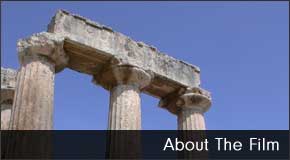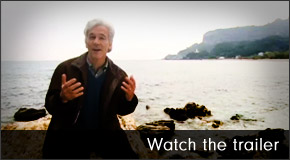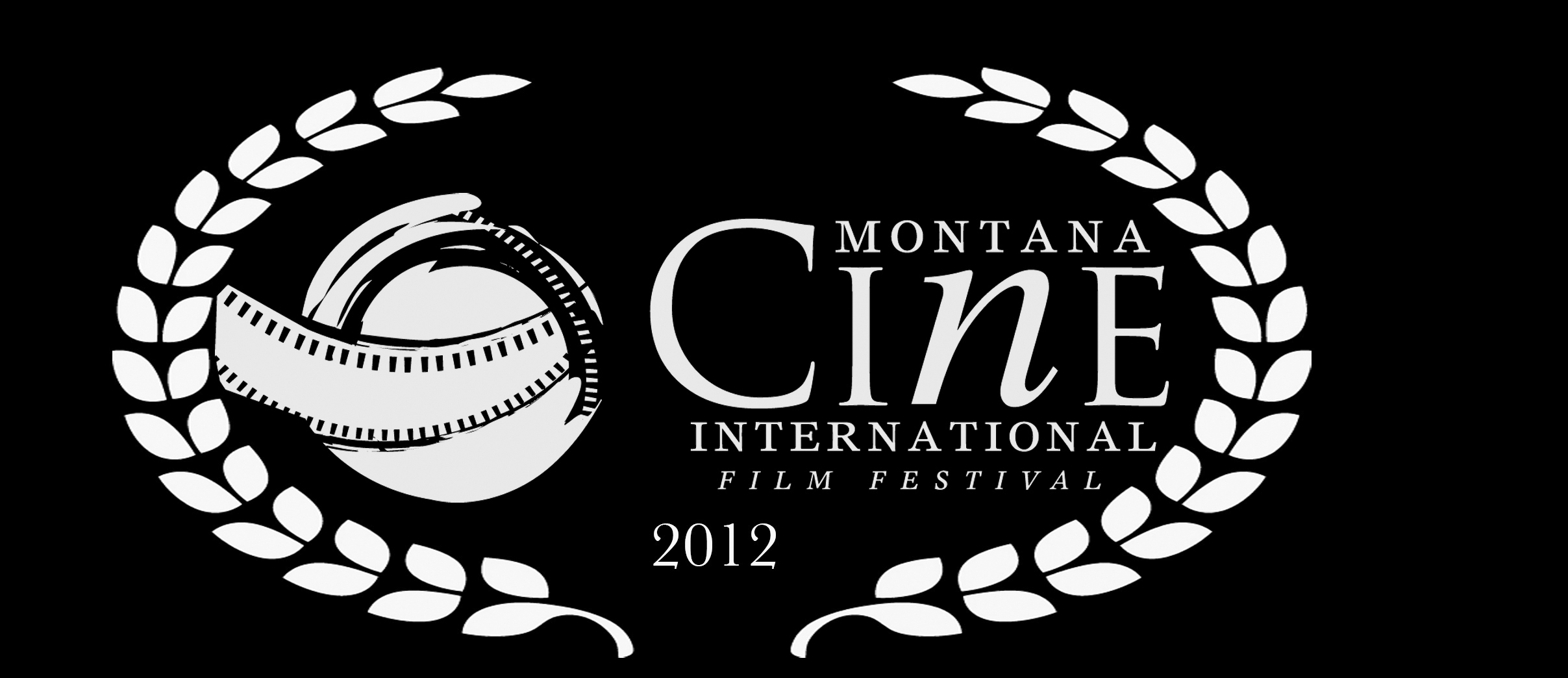‘Journey Of The Universe’ & ‘Conversations’ Truly Out Of This World
By Curt Johnson
Best Movies Ever Entertainment News
June 5, 2013
http://bestmoviesevernews.com/journey-of-the-universe-conversations-truly-out-of-this-world/
Being a huge Discovery, History & H2 Channel watcher, Journey Of the Universe was a series right up my alley. I missed it when it aired on PBS (winning an Emmy for documentary) so it was great to be able to review it now. I’ve always been fascinated in where everything came from and how it really began. Yes, I know the creationists will want have their kids avoid this one as they would be truly enthralled with it as it’s as entertaining as it is educational. It just came out this week and what a great Father’s Day gift idea!
This and Journey Of the Universe: Conversations go hand in hand as one gives a great overall view showing the 14 billion year journey and evolution of the universe with the other featuring extensive interviews with some of the greatest minds in science, history and environmental studies. What I really loved and I think kids can really appreciate is these documentaries show how just the smallest amount of change has created such extraordinary things on this planet alone.
Many of us were all raised believing that life began with everyone just being on the planet and that was it. Obviously, there was much more to it than that. Brian Thomas Swimme takes us from the very beginning where the Earth was just another piece of rock that slowly grew and evolved. It took a long time and a lot of chemical reactions before humans even became a thought. What I found completely fascinating was how a volcano that lasted for about a million years actually helped push human evolution along. The creatures that were on the Earth before this would not have been able to allow us to be around so many of them were wiped out by the extreme climate change and new forms of life evolved.
Many times we see ourselves as extremely complex, which we are, but when you realize that we came about from some of the most interesting changes on this planet. This has never changed and the changes that we are currently now making on this planet will have an impact on the future. That’s the point of evolution. The more we understand how the universe and ourselves came about, the more we might take some interest in how we treat the planet.
I know that many people think these types of PBS docs will be boring, but I can assure you it’s just spectacular to look and the journey that we are taken on is just mind blowing but all within reach. It’s easy to understand and when you’re through watching this it makes so much more sense than what many of us were taught as little kids.
The Journey Of the Universe: Conversations really gets in depth and breaks everything down much more. Usually when watching a docu-series that’s 10 hours like this, we’ll take breaks, but I couldn’t stop watching. Each episode on this four-disc set took it step by step from the beginning of the universe to where we are today. I would hope that schools will show this as it is so accessible for teens and high-school children along with adults. If you’ve always been curious about how everything came to be and realize that it took much longer than 6 six days, this complete collection is for you.
The episode breakdown for Conversations is below, and you can get both DVD and Box set together or separately.
1. “Beginning of the Universe”
Joel Primack, Distinguished Professor of Physics, University of California, Santa Cruz describes the emergence of the universe, the universe’s expansion, and the formation of the first elements, stars, and galaxies. This conversation also includes explanations of cold dark matter and dark energy.
2. “Galaxies Forming”
Todd Duncan, Science Integration Institute, Portland and Joel Primack, Distinguished Professor of Physics, University of California, Santa Cruz explore the formation of galaxies from the hot, energetic state of the early universe. These interviews cover topics ranging from the shapes of galaxies to the formation of the Milky Way.
3. “The Emanating Brilliance of Stars”
Todd Duncan, Science Integration Institute, Portland and Joel Primack, Distinguished Professor of Physics, University of California, Santa Cruz describe the emergence and death of stars. They trace the elements found in all life on Earth, including those found in our bodies, back to supernova explosions.
4. “Birth of the Solar System”
Craig Kochel, Geology Department, Bucknell University, Lewisburg, PA describes the evolution of our solar system and its planets. Included in this conversation are the origins of the Moon, the creative dynamism of plate tectonics, and the impact of geology on Earth’s biology.
5. “Life’s Emergence”
Terry Deacon, Anthropology Department, University of California, Berkeley and Ursula Goodenough, Biology Department, Washington University, St. Louis explore the complexities of the emergence of the first cells, the intricate patterning found in DNA and multicellular organisms, and the awareness of single-celled organisms.
6. “Learning, Living and Dying”
The evolution of the brain is a story of adaptation, consciousness, and responsiveness that begins with single celled organisms and continues through the vertebrates. Here, Terry Deacon, Anthropology Department, University of California, Berkeley compares the adaptive brains of humans, chimpanzees, and our many evolutionary ancestors.
7. “The Passion of Animals”
Scott Sampson, Utah Museum of Natural History, University of Utah tells the compelling story of Earth’s fossil record. Touching on topics ranging from the ancient ecosystems of dinosaurs to the co-evolution of the human with other species, this interview highlights the importance of understanding mass extinctions.
8. “The Origin of the Human”
Drawing upon the history of early humans and highlighting contemporary indigenous lifeways, John Grim, School of Forestry and Environmental Studies, Yale University and Melissa Nelson, American Indian Studies, San Francisco State University explain the sustaining power of ritual and celebratory acts that locate humans within the rhythms of Earth’s transformative systems.
9. “Becoming a Planetary Presence”
Cynthia Brown, Professor Emerita, Dominican University of California describes the “big history” approach to understanding the role of the human in relation to the historical unfolding of the cosmos and Earth. She highlights key threshold moments of evolutionary change.
10. “Breakthrough Communities”
Carl Anthony, Founder, Breakthrough Communities, Oakland, CA tells how the universe story expanded his own understanding of race and environmental justice. With a focus on urban and metropolitan areas, he explains the practical implications of a functional cosmology for sustainable community development.
11. “Eco-Cities”
By emphasizing an organic and evolutionary whole-city perspective, Richard Register, Ecocity Builders, Berkeley draws attention to the imaginative ways in which cities are being rethought and rebuilt around the planet for a flourishing, sustainable future.
12. “Ecological Economics”
Richard Norgaard, Energy and Resources Program, University of California, Berkeley surveys the history of human economies and the myths and premises of current economic practices. In place of our ecologically destructive practices, he endorses an ecological economics that emphasizes care, co-evolution, and protection of the environment.
13. “Permaculture”
Penny Livingston, Regenerative Design Institute, Bolinas, CA leads viewers through the history and significance of permaculture. She discusses permaculture as an agricultural practice that increases biodiversity and helps us to understand our place in the story of the universe.
14. “Indigenous Ways of Knowing”
David Begay, Adjunct Professor, Department of Physics and Astronomy, Northern Arizona Universityand Nancy Maryboy, President and Founder of Indigenous Education Institute invite us to understand Navajo ways of knowing. They describe a worldview that is place-based, emphasizes kinship and connection, and intimately orients the human within an interrelated and unified cosmos.
15. “Sustainable Energy”
Paula Gonzalez, SC, EarthConnection, Cincinnati also called “the solar nun,” narrates the efforts of Catholic sisters and others to harness solar power and other natural systems as a means of protecting the sacred Earth community and participating in the story of the universe.
16. “Healing and Revisioning”
Belvie Rooks, Co-Founder, Growing a Global Heart, Elk, CA describes how teaching the story of the universe has empowered African American youth to contextualize slavery, envision healing and reconciliation, and imagine a better future through a broader sense of self and of place.
17. “Arts and Justice”
Whether through poetry and activism, the study of science, or participating in a Crow Sundance, Drew Dellinger, Founder, Planetize the Movement, Berkeley and Marya Grathwohl, OSF, Writer and Founder, Earth Hope, Wyoming express shared visions of creative transformation that are inspired by the journey of the universe.
18. “Myths, Metaphors, and Identities”
Nancy Abrams, Attorney and Co-Author, The New Universe and the Human Future and Sachiko Kawamura, Department of Psychology and Human Relations, Nanzan University, Nagoya, Japanhighlight the ways in which human relations have been broadened and deepened within a cosmological context.
19. “Teaching the Journey of the Universe”
Tom Collins, Religion and Philosophy Department, The Lawrenceville School, Princeton, NJ andBindu Mohanty, Teacher, Auroville, India describe how learning the universe story has allowed high school and college students to experience an expanded sense of self and to transform despair into a sense of hope and empowerment.
20. “Conclusion”
Mary Evelyn Tucker, Co-Director, Forum on Religion and Ecology, Yale University
Our biggest test to see how younger adults would take to this was having some of our nieces and nephews watch it with us. They range in age from 11 – 19 and it help them. As you know that age is hard to hold much of anything, but this one did which says a lot!
Best Movies Ever Entertainment News Rating: A+












 Share Article
Share Article
Reader Comments